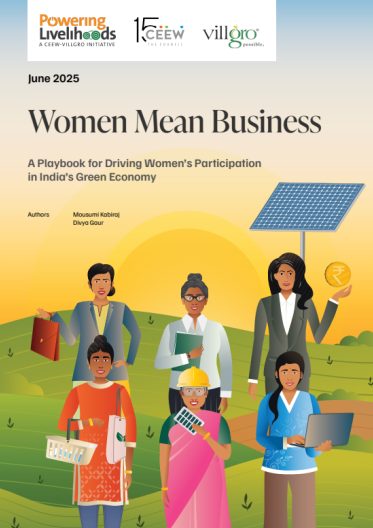This update to IRENA’s original work on gender in renewable finds that women currently represent 32% of the full-time renewable energy workforce – a higher share than in other energy sectors, yet still below the global workforce average. However, female participation declines sharply in technical and leadership roles: 28% in STEM-related positions, 22% in medium-skilled jobs such as installation and construction, and only 19% in senior management or board roles.
In terms of gender balance in the renewable energy workforce, the characteristics of organisations very often shape outcomes. Non-profit and civil society organisations show the highest female representation, reaching 48%, while private, commercially oriented enterprises average 25%. Regionally, women’s participation remains steady, suggesting a global trend of under-representation rather than region-specific disparities.
As the renewable energy sector continues to expand – potentially reaching 30 million jobs by 2030 – ensuring equitable access and participation is essential. The barriers women face are less about skills or interest and more about entrenched cultural and organisational norms. Renewables offer diverse opportunities along the entire value chain, from engineering and operations to policy and community engagement. To harness the full potential of this workforce, IRENA calls on governments, the private sector, NGOs, trade unions and educational institutions to collaborate in dismantling systemic barriers and fostering a truly inclusive, gender-balanced energy future.
See here to download the report.
